There’s something comforting about spending time indoors. Sadly, doing it in excess isn’t good for you, as not only does it cause you to live an idle lifestyle, but it’s not great for your mind either, both of which you may have noticed. If this isn’t something you’ve thought about before, here are some worrying signs you’re spending too much time indoors.
Weight Gain

Due to the idle lifestyle that it encourages, spending a lot of time indoors often means less physical activity, and in turn, this leads to weight gain. This can become a serious issue that will be hard to escape if you make a habit of it, so start getting outside more and doing some exercise–you’ll thank yourself in the future.
Poor Sleep Quality
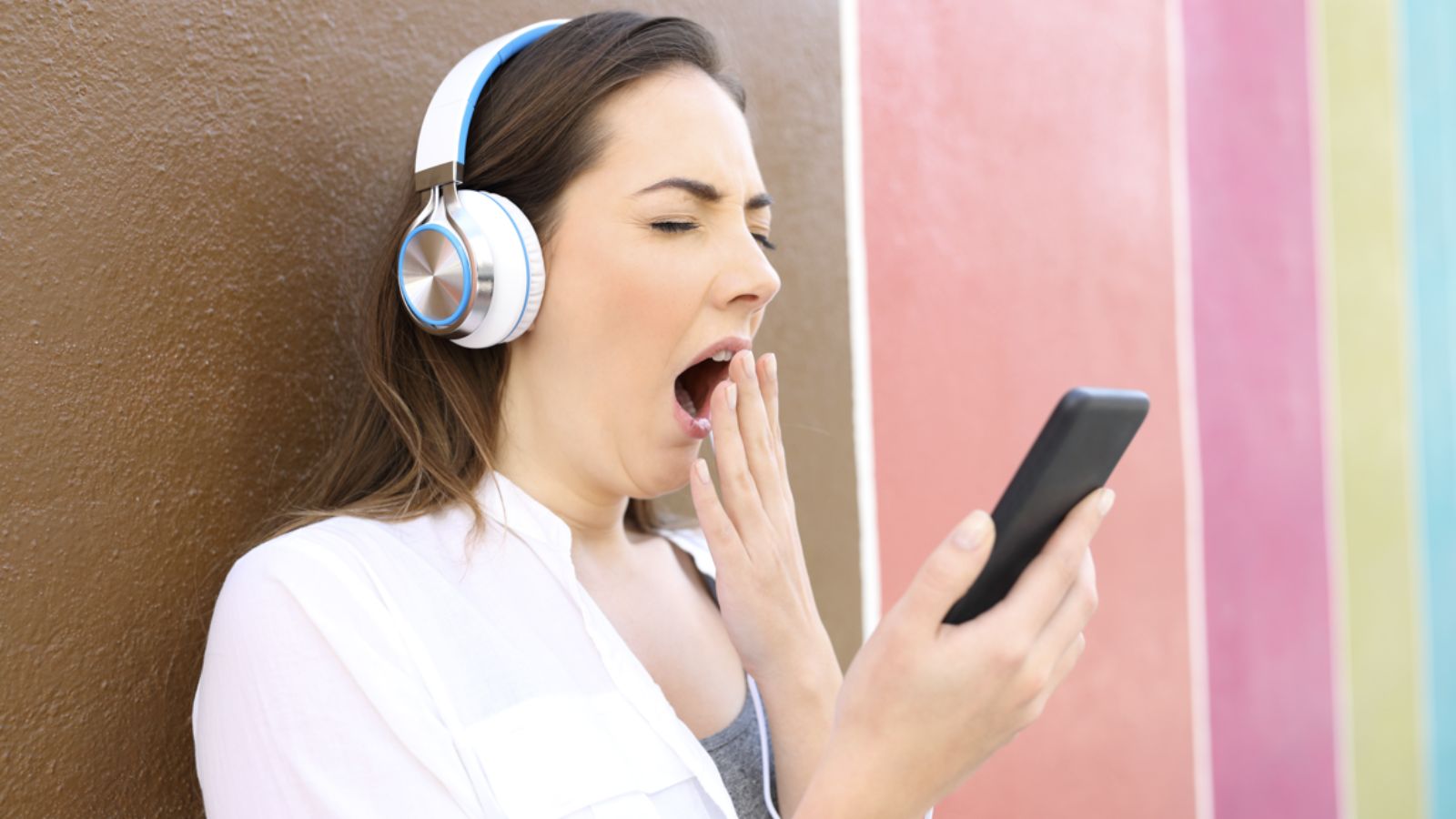
Natural light helps regulate your circadian rhythm, which is crucial for good sleep, so spending too much time inside, away from natural light, can disrupt your sleep patterns. This means that one of the best ways to improve your sleep quality is actually really simple: spend more time outside in the sun.
Vitamin D Deficiency

One of the most dangerous symptoms of spending too much time outside is vitamin D deficiency, which can cause all sorts of problems. It helps maintain your mood and is also essential for bone health and immune function, so if you get a checkup and your doctor notices your Vitamin D levels are low, you need to start getting outside more.
Pale Skin

When you spend too much time indoors, you won’t get much sunlight, and as Wander Beauty points out, this will lead to you developing a noticeably paler and duller complexion. Natural light is essential for maintaining healthy skin, and spending too much time indoors might leave your skin looking dull and lifeless. So, if your skin tone has become noticeably lighter, it might be time to step outside.
Low Energy Levels

If you find yourself feeling constantly tired or sluggish, this could be a sign that you’re not getting enough fresh air. Natural environments can boost energy levels, and being cooped up inside might be draining your vitality. To feel more energized, try incorporating more outdoor activities into your routine.
Frequent Headaches
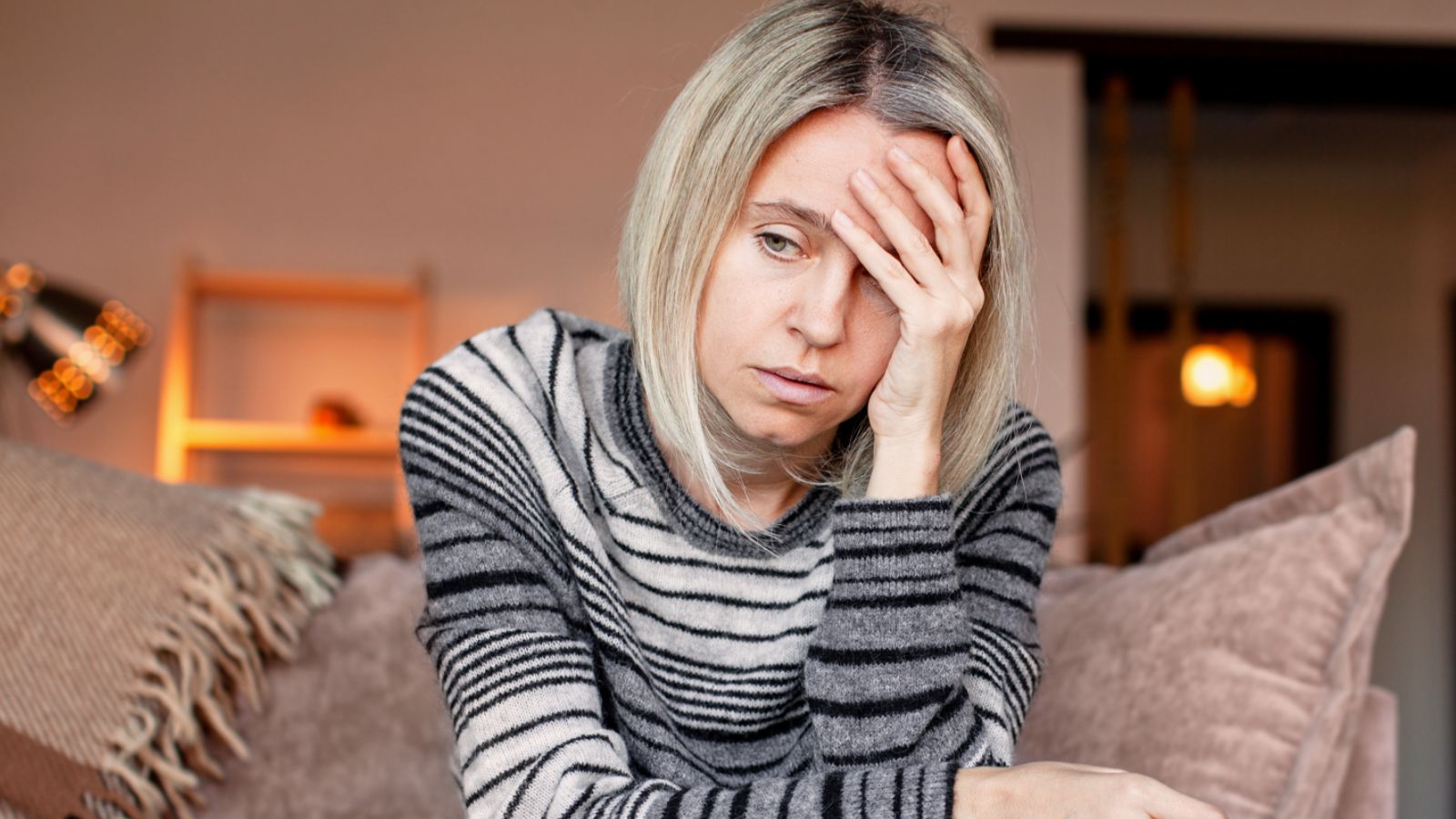
Indoor environments often have poor air quality, and this will eventually lead to frequent headaches. The stale air, artificial lighting, and lack of fresh oxygen might be the culprits behind your persistent head pain, so make sure you’re getting regular exposure to fresh air outside, or at the very least, crack open a window.
Mood Swings

A lot of people don’t realize quite how much natural environments can calm your mind, and as a result, being indoors for extended periods can lead to mood swings and increased irritability. To stabilize your mood, consider spending more time in nature, where the tranquil surroundings can help reduce stress and anxiety.
Dry Eyes
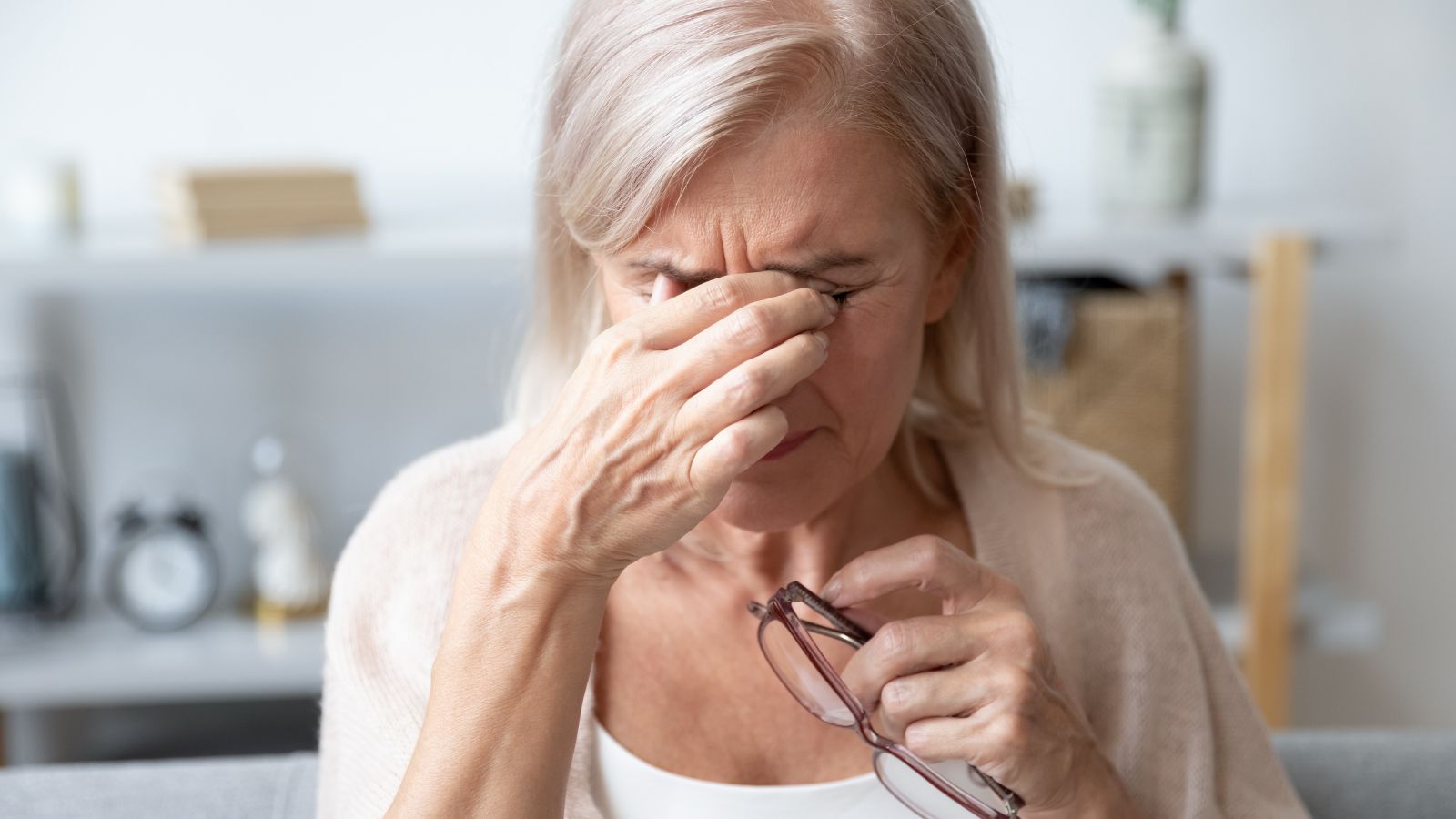
When you spend a lot of time indoors these days, it often involves staring at screens for extended periods, which can cause dry and irritated eyes. In contrast, natural light and outdoor settings can provide relief for your eyes, reducing dryness and discomfort, so consider taking breaks to step outside when you’re gaming or watching TV, significantly improving your eye health and comfort.
Weaker Immune System
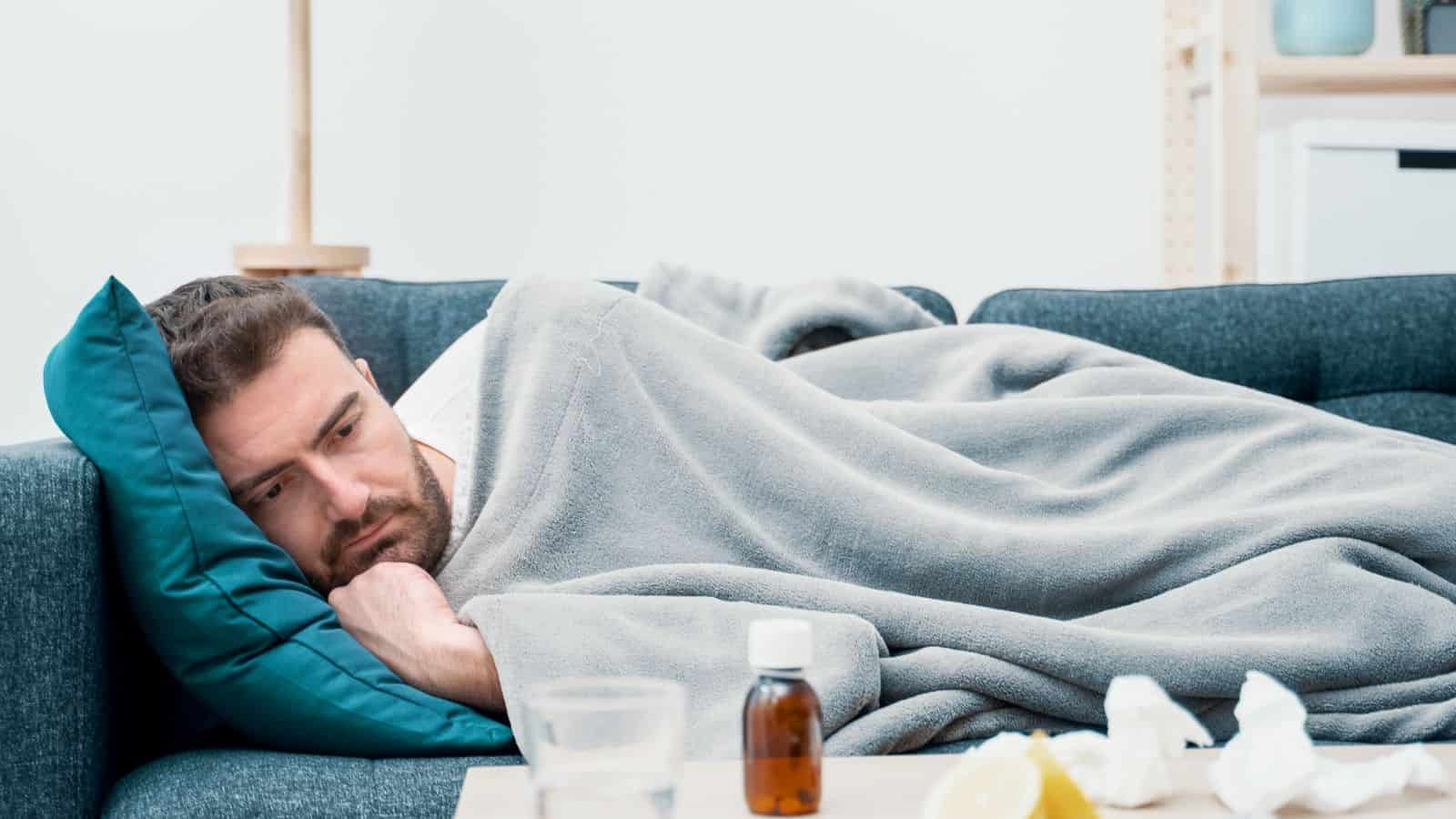
Limited exposure to outdoor environments can weaken your immune system, as fresh air and sunlight contribute to a stronger immune response. This helps your body fight off infections more effectively, and without it, you might find yourself getting sick a lot more often.
Lack of Creativity

So many people fail to recognize the importance of having a change of scenery for their creativity. Staying indoors in the same environment will inevitably stifle your creative thoughts, whereas natural settings offer a variety of stimuli that can inspire new ideas and perspectives. So, if you’ve got artist’s block, stepping outside should be the first remedy that you try.
Increased Anxiety

Indoor environments can sometimes feel confining, leading to increased anxiety and a sense of claustrophobia. On the other hand, open spaces and natural surroundings are vast and open, which has a soothing effect on the mind, helping to alleviate the aforementioned feelings of anxiety. This means that if you’ve got anxiety, spending more time outside will likely make a lot of difference.
Poor Concentration
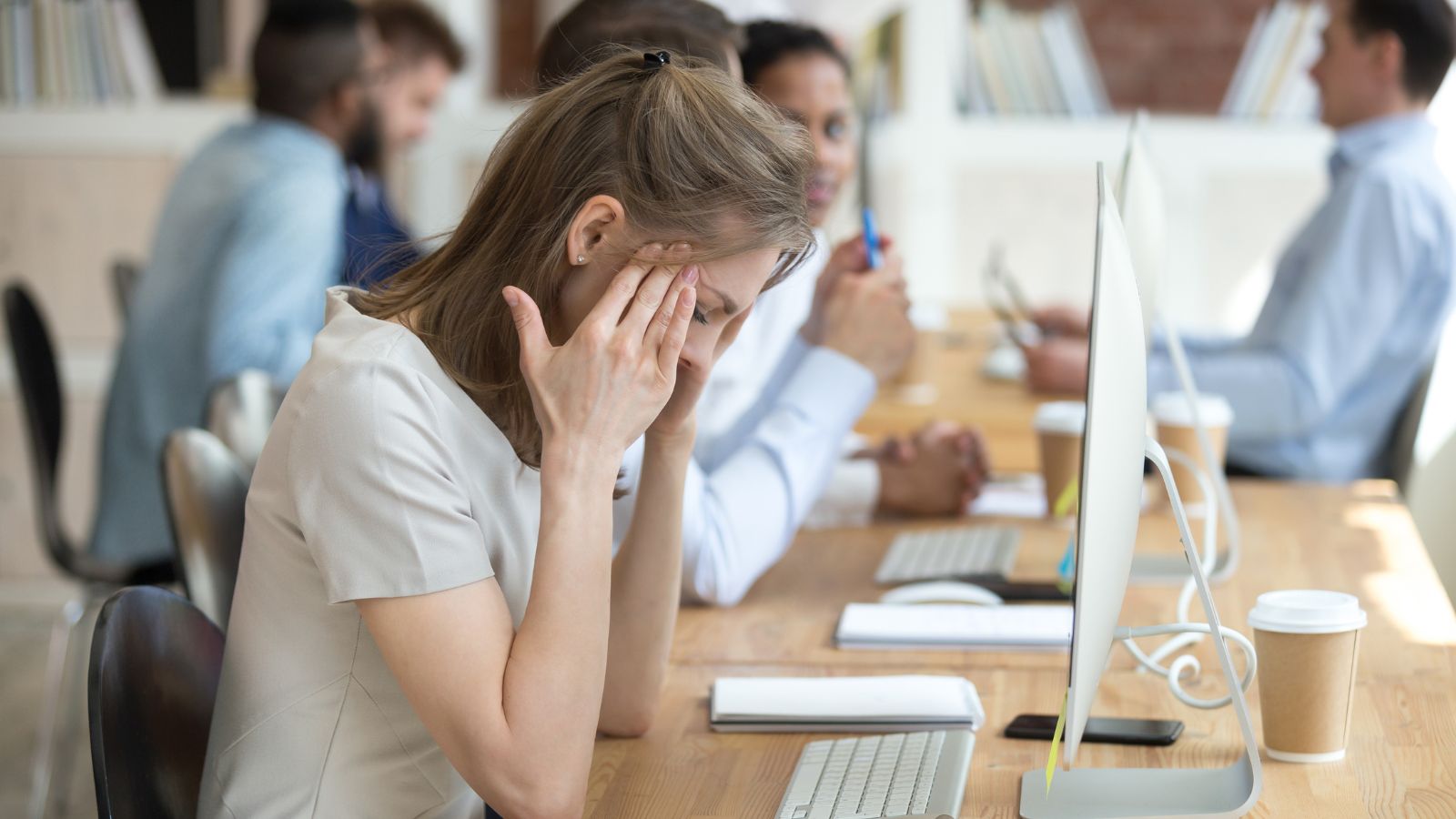
Indoor distractions, such as screens and household noise, can hamper concentration, preventing you from getting on with important tasks. Nature, on the other hand, has been shown to improve focus and cognitive function, so if you’re struggling to concentrate, consider trying to get some work down outdoors.
Stiff Joints

In addition to the vitamin D deficiency that it causes, prolonged periods of inactivity indoors can lead to stiff joints and muscle discomfort. Outdoor activities encourage movement and flexibility, promoting better joint health, so incorporating regular walks or outdoor exercises will do wonders for your joints.
Feeling Disconnected
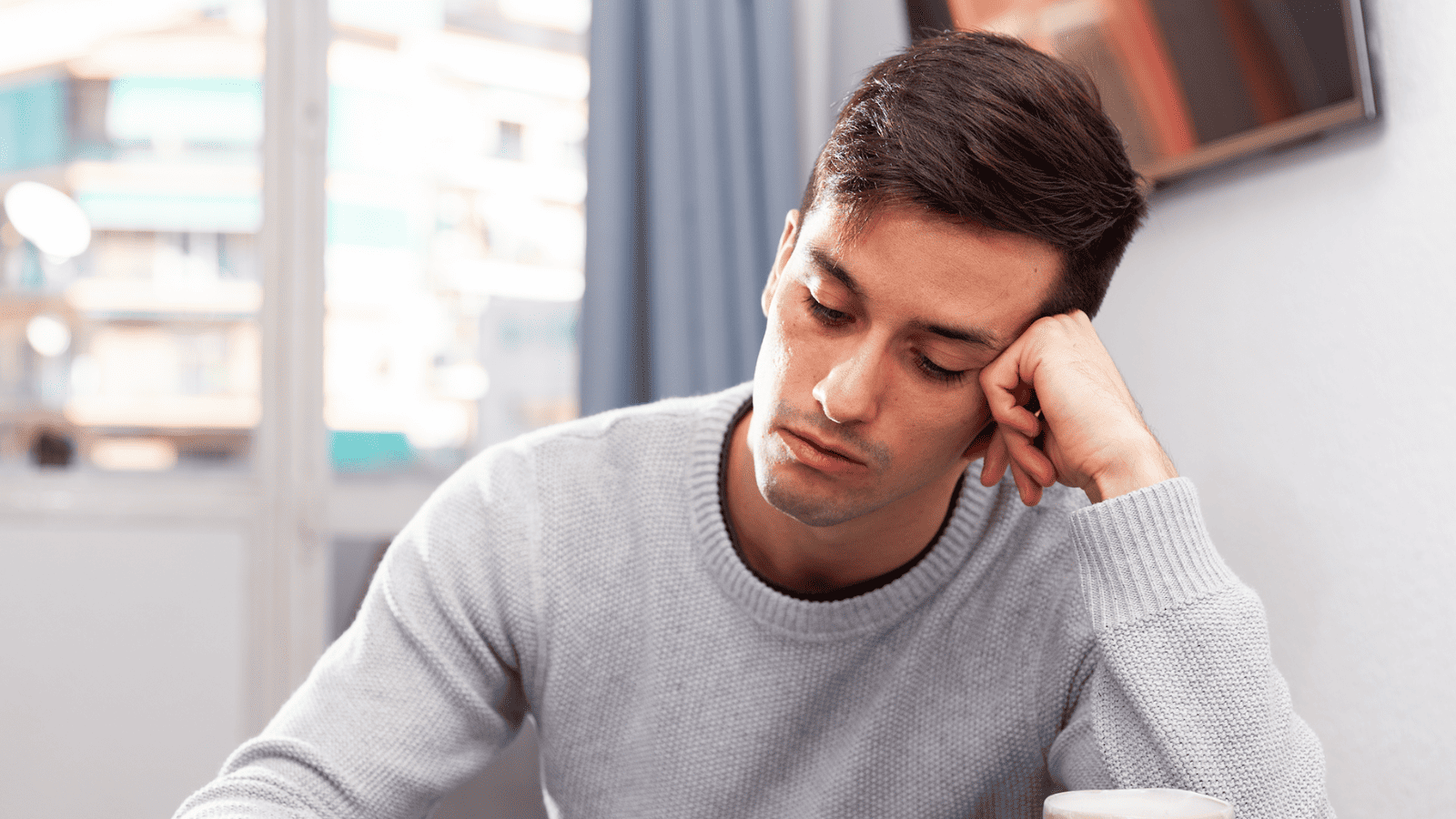
There’s no denying that when you spend a lot of time inside, you start to feel a sense of disconnection from the natural world. Reconnecting with nature by spending time outdoors can enhance your sense of belonging and well-being in the world, and trust us–that will do wonders for your mental health.
Frequent Illnesses
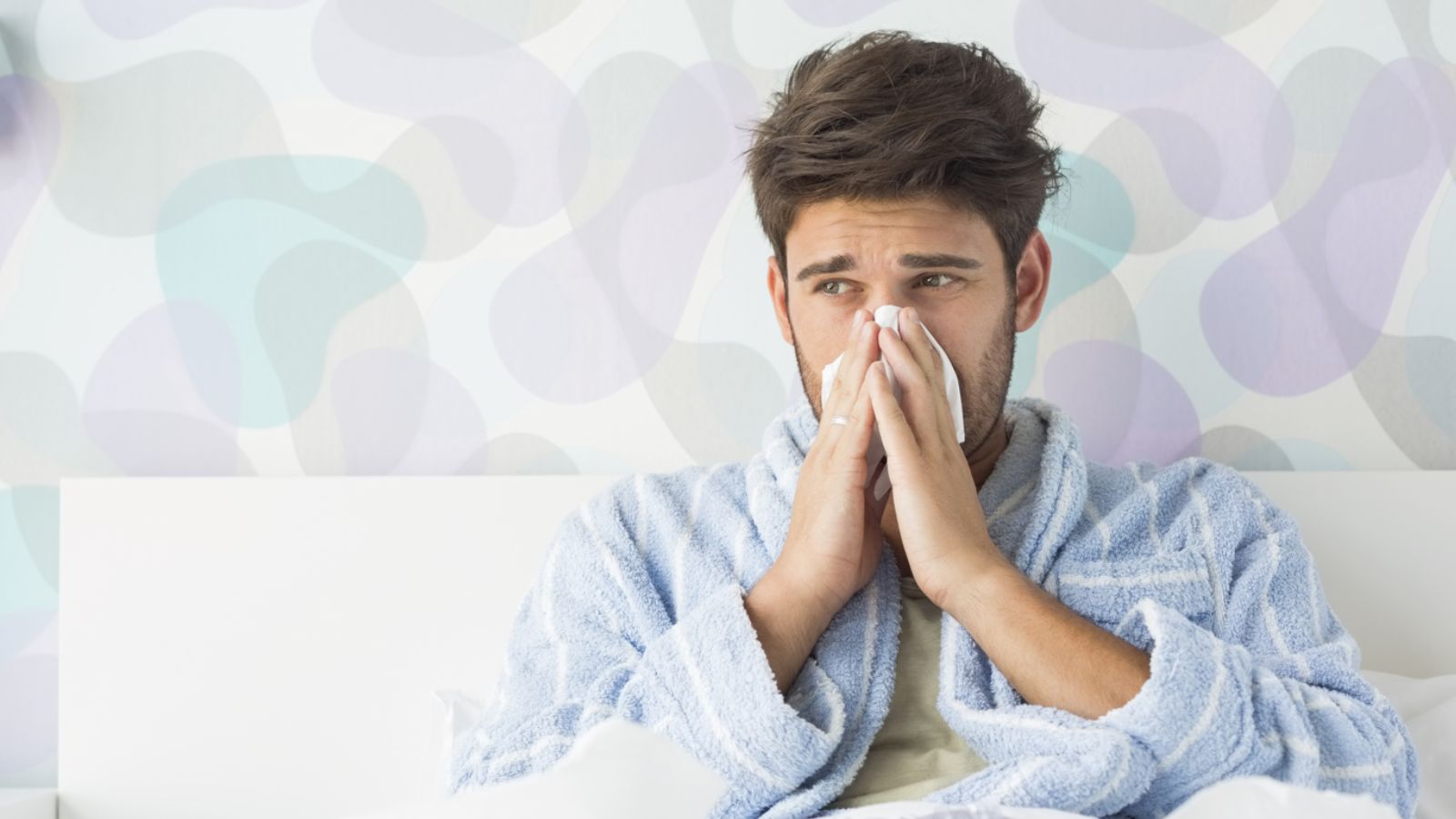
It’s not just the effects on your immune system that make spending too much time indoors make you sick. Indoor environments can also harbor germs and bacteria, making your home a breeding ground for illnesses. Fresh air and outdoor activities reduce your exposure to these indoor contaminants, promoting better health.
Lack of Social Interaction
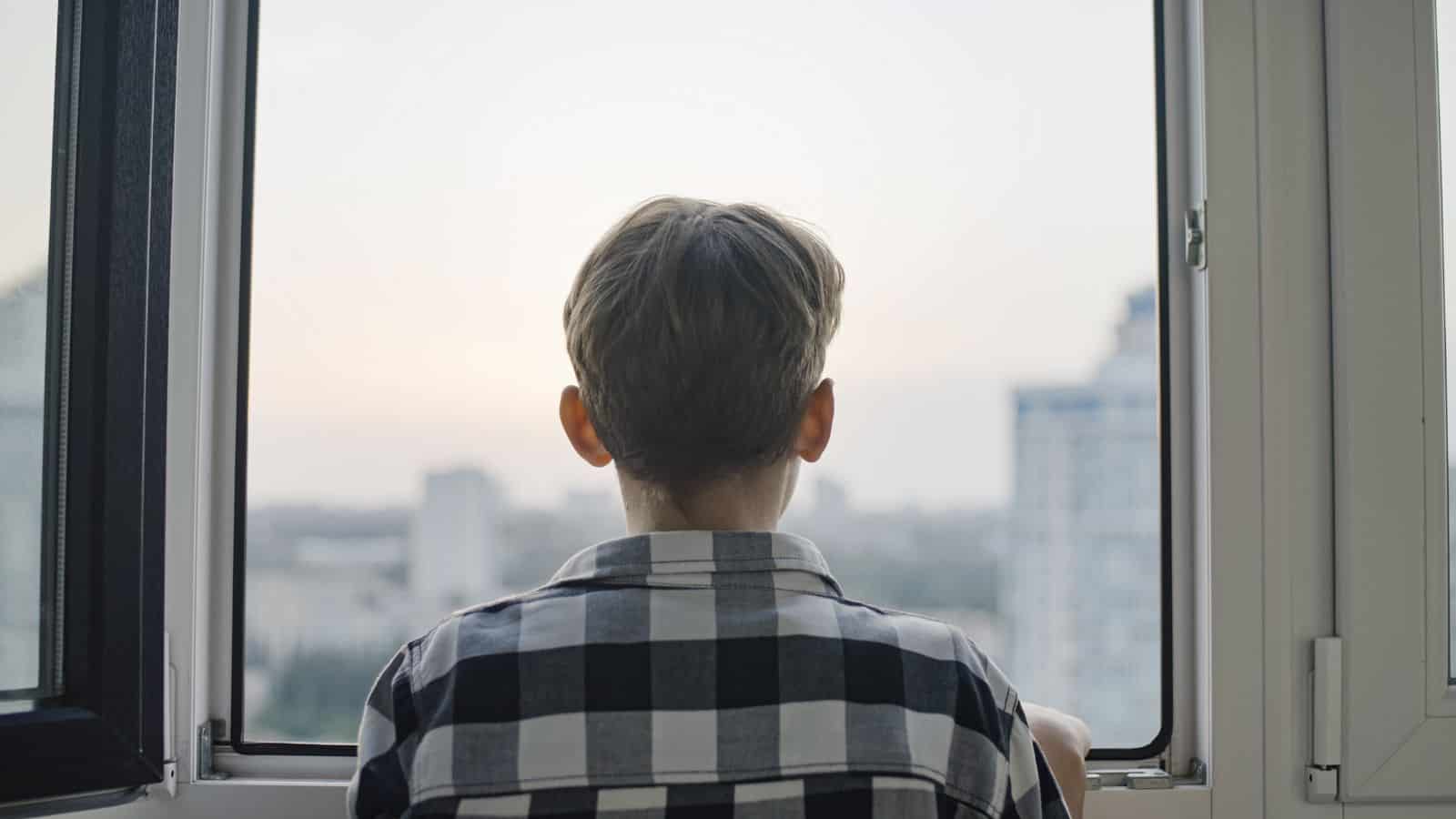
Due to the isolating nature of staying indoors all the time, your social interactions in the real world will be limited. While some people combat this through digital socialization, that will never be the same as the real deal. So, spend some time outside and talk to the people you encounter, and you’ll be surprised at how much good this will do for your social battery.
Reduced Productivity

The cumulative effect of all the points we have made in this list can make your brain pretty exhausted, not to mention all the indoor distractions you will experience while staying inside. Naturally, this is going to result in reduced productivity, which could have a domino effect on many other aspects of your life, so get outside, and you’ll find yourself achieving a lot more.
Decline in Physical Fitness

As we have previously mentioned, indoor lifestyles often lack the physical activity necessary for maintaining fitness, and along with the negative effects it has on your skin, immune system, and brain, your physical fitness will dwindle. Do yourself a favor and spend more time outside, and you’ll be thanking yourself in hindsight when you’re older but still healthy.
Declining Mental Health
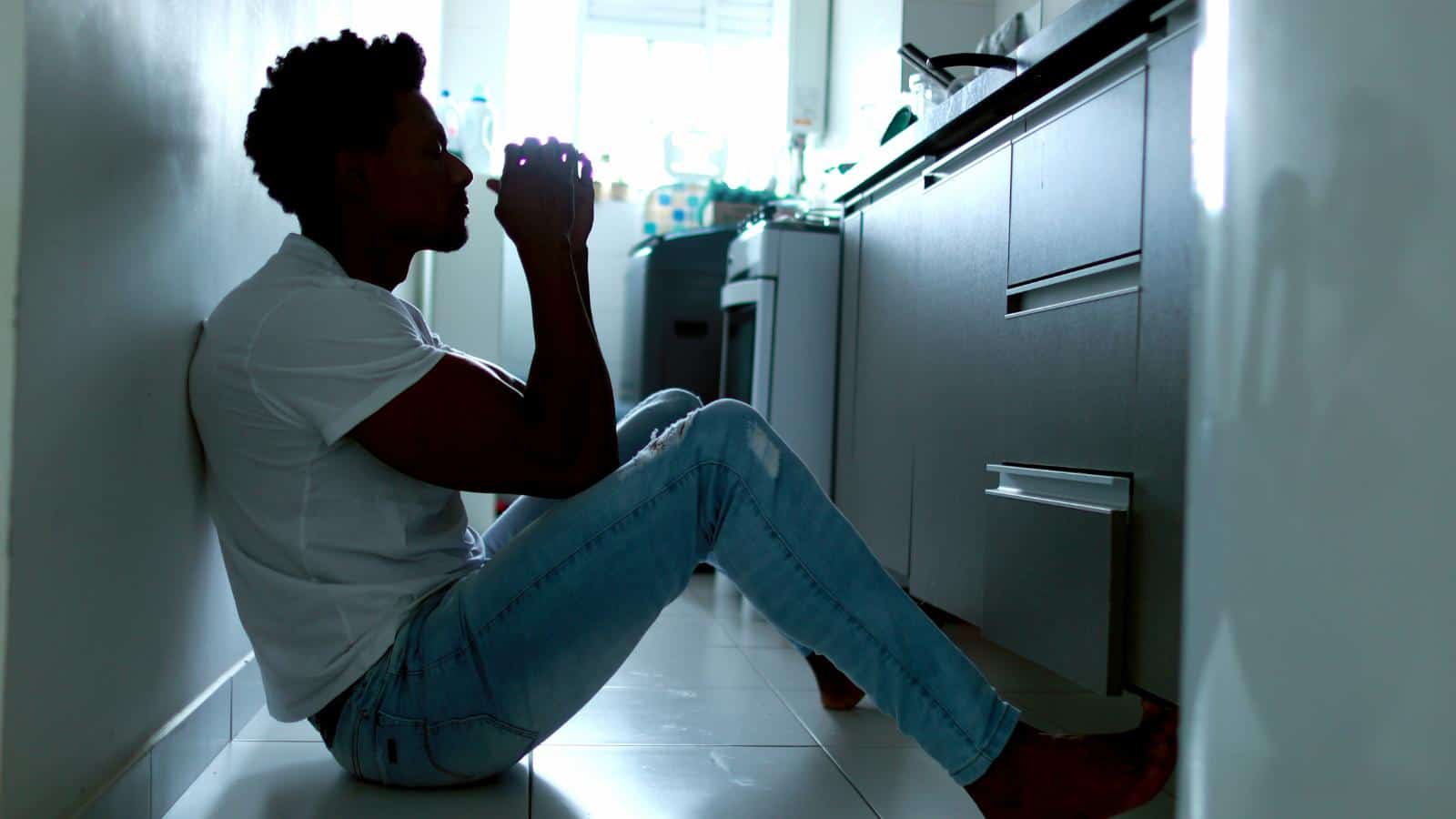
Due to all of the negative consequences we have discussed, including a decrease in physical health, spending too much time indoors will eventually take its toll on your mental health. Humans simply are not meant to spend that time indoors; we are creatures of nature, so spend time in the great outdoors, and any mental health issues you have are likely to improve, even if just slightly.

